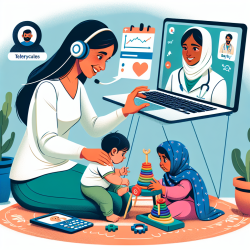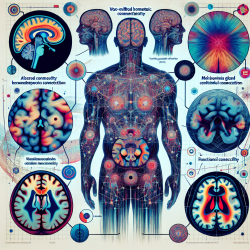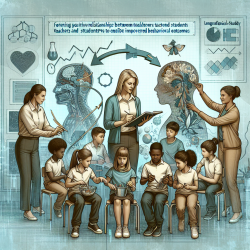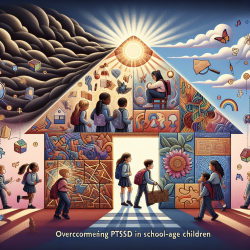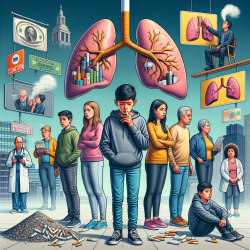Introduction
Food insecurity (FI) is a pressing issue affecting millions of households in the United States, particularly those with children. The research article titled "Adolescent Health Risk Behaviors, Adverse Experiences, and Self-reported Hunger: Analysis of 10 States from the 2019 Youth Risk Behavior Surveys" delves into the associations between self-reported hunger, health risk behaviors, and adverse experiences among adolescents. This blog aims to help practitioners improve their skills by implementing the outcomes of this research or encouraging further investigation.
Key Findings
The study found that 13.1% of adolescents reported experiencing hunger in the past 30 days. Self-reported hunger was associated with a higher prevalence of various health risk behaviors and adverse experiences, even after adjusting for sex, grade, and race/ethnicity. Notably, the prevalence ratios (PRs) for smoking cigarettes, early initiation of sexual intercourse, and experiencing dating violence were significantly higher among adolescents who reported hunger.
Implications for Practitioners
Understanding the link between FI and risky behaviors is crucial for practitioners working with adolescents. Here are some actionable steps:
- Screening for Food Insecurity: Implement screening protocols to identify adolescents experiencing FI. This can be integrated into routine health check-ups or school counseling sessions.
- Intervention Strategies: Develop intervention strategies that address both FI and associated risky behaviors. This could include providing resources for food assistance programs and counseling services.
- Collaborative Efforts: Work with local organizations and schools to create a support network for adolescents. This can help in providing comprehensive care that addresses multiple aspects of their well-being.
Encouraging Further Research
The study underscores the need for longitudinal research to better understand the temporality of relationships between FI and health risk behaviors. Practitioners are encouraged to participate in or support research initiatives that aim to explore these complex relationships further.
Conclusion
Food insecurity is a significant issue that impacts adolescent health in various ways. By implementing screening protocols and developing targeted intervention strategies, practitioners can help mitigate the adverse effects of FI. For a more comprehensive understanding, further research is essential.
To read the original research paper, please follow this link: Adolescent Health Risk Behaviors, Adverse Experiences, and Self-reported Hunger: Analysis of 10 States from the 2019 Youth Risk Behavior Surveys.



